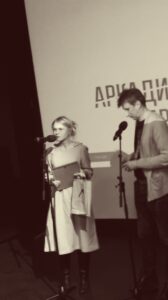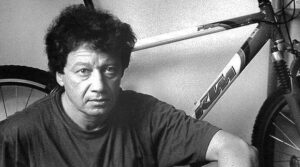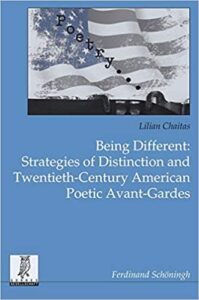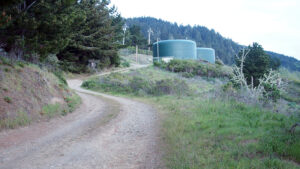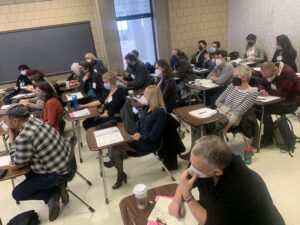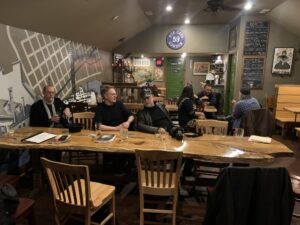xxx
by Ekaterina Zakharkiv
(trans. Joseph Simas)
fucking sky: because it is open, it is occupied, recognized as an extremist organization, acting as a foreign agent, banned across the territory of the russian federation.
discrediting actions
with the help of words. how do you act on the sky with words?
don’t look up, don’t cross its borders, don’t read paul celan under its vaulted blanket.
the sky before dawn is buzzing, collapsing without warning.
it’s no longer a metaphor, no longer a generalization of conflict.
blinded, we roll into the sleepy suburbs and strike. we harm the defenseless.
we lose our sense of smell and fail to notice the stench of black smoke.
we get caught off guard in the mix.
now is not the time for quotations. all the marks have been forged into antitank hedgehogs. nevertheless
days go by, and we lay never-roses at the foot of myth. what have we seen with our own eyes? transmissions, streamed from a billion bloodlines. childhood dreams burgeoning into political imagination in airports and hotel rooms. craters blown into our former tongue suck up shards of grass, hallways blasted in. language is tongue-tied. it leaves neither trace of name nor address. in its vacant alleyways the hissing utterances of an orange serpent. no one’s, again … More
